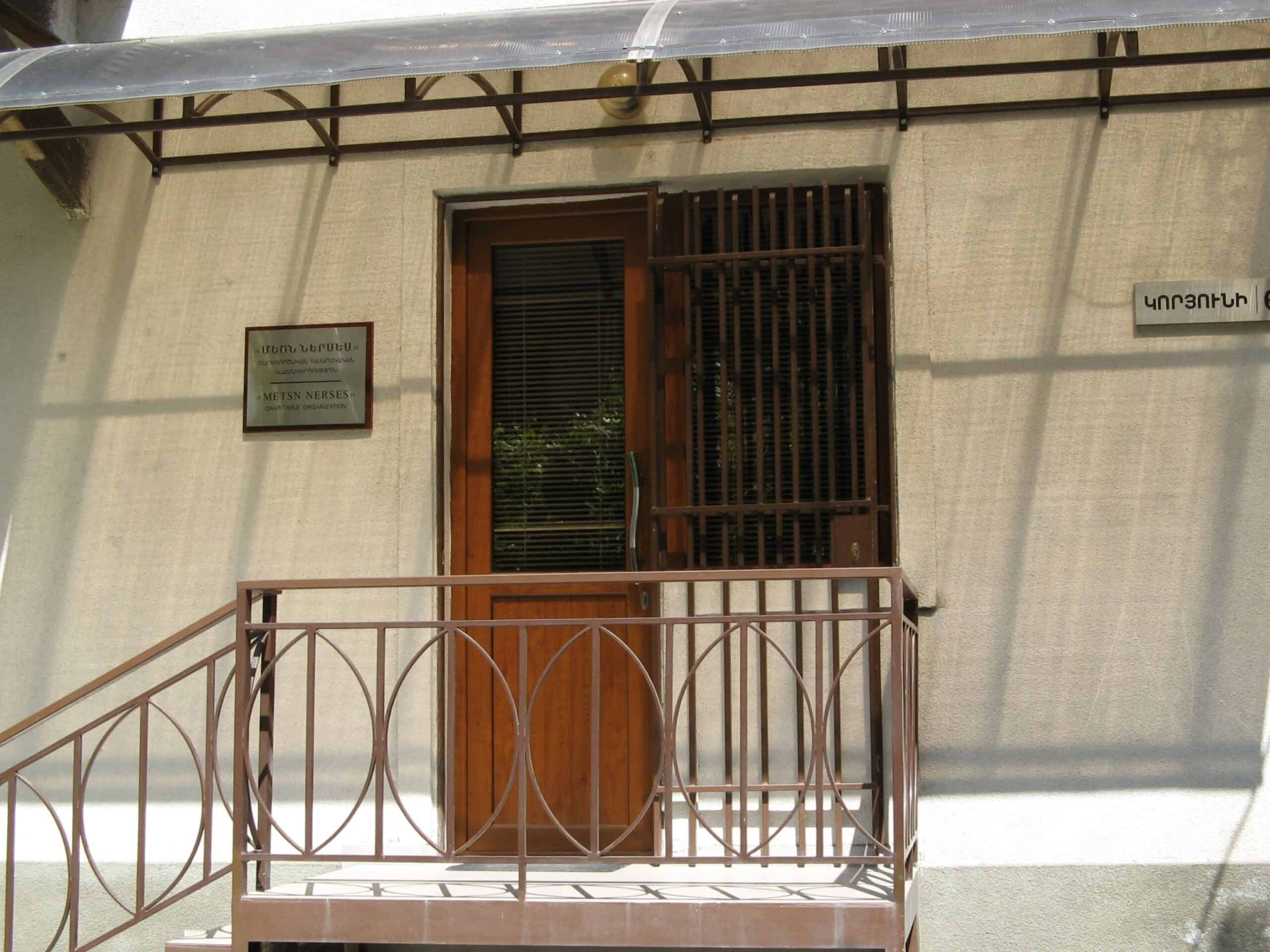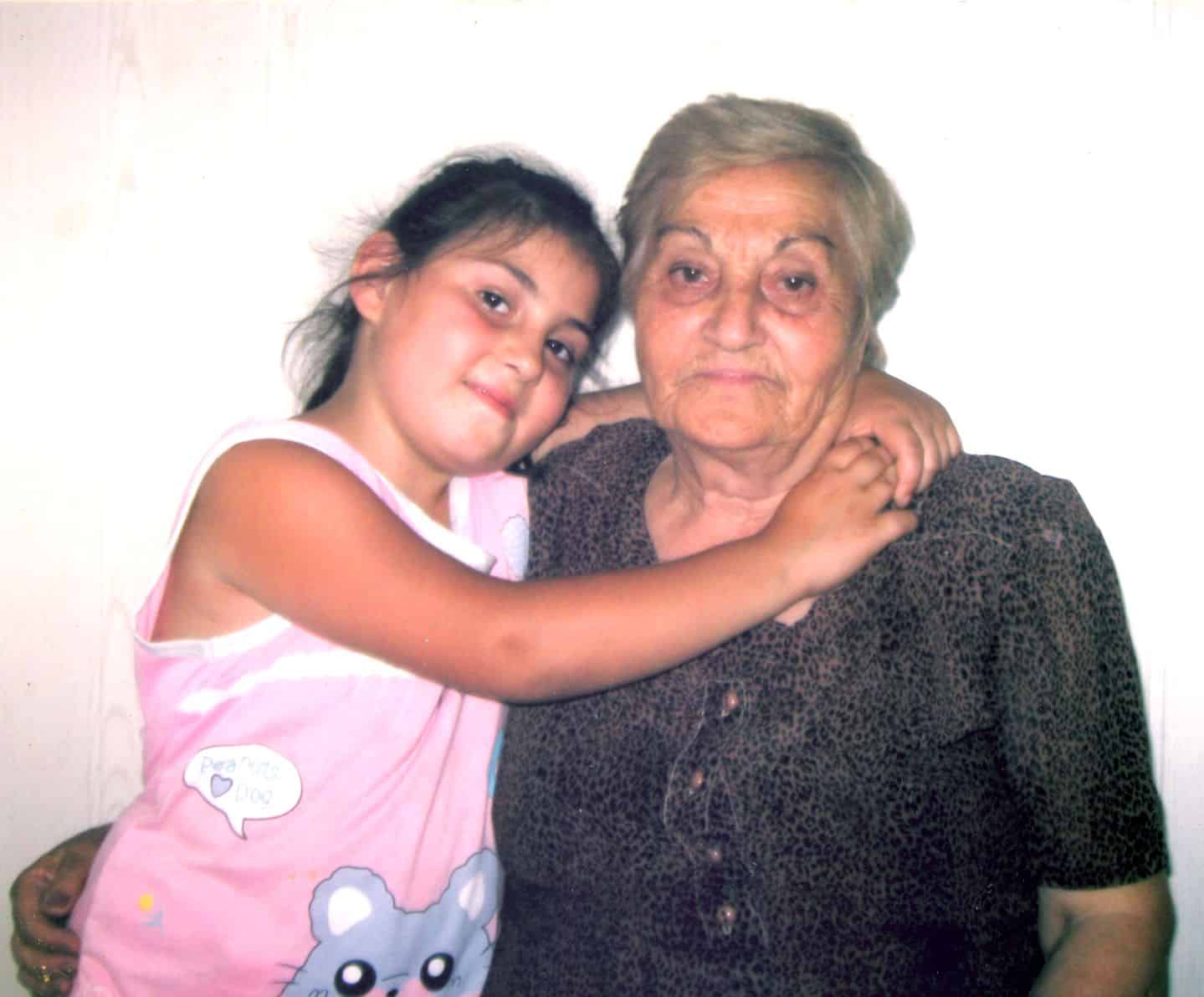THE ST. NERSES THE GREAT ORGANIZATION MARKS 30 YEARS OF AN EVENTFUL LIFE

The St. Nerses the Great Charitable and Social Organization, which carries out the charity programs of the Eastern Prelacy in Armenia, marks its 30th anniversary this year. This milestone will be celebrated with an event to be held next Thursday, June 29, at the Hagop Baronian Theater of Yerevan, presided over by His Eminence Archbishop Anoushavan, Prelate, who will travel to Armenia for the occasion. Competitions in art and literature have also been held to mark the anniversary at the Academy of Arts of Yerevan and the Writers Union of Armenia, and the winners will be announced and receive their prizes on June 27 and 28.
 “My best wishes and deep admiration for all the good work Nerses the Great has done and continues to do,” said Dr. Thomas Samuelian, a sponsor of the organization’s orphans program. “It has been an honor to have contributed in a small way.”
“My best wishes and deep admiration for all the good work Nerses the Great has done and continues to do,” said Dr. Thomas Samuelian, a sponsor of the organization’s orphans program. “It has been an honor to have contributed in a small way.”
The three decades since the establishment of the Nerses the Great Charitable and Social Organization have brought loss and pain to our homeland by way of natural disasters and wars, which have left orphans and an insecure population in their trail. The 1988 earthquake, the liberation struggle of Artsakh, and the sudden transition to independence mark one of the most fateful moments in Armenian history since at least the 1915 Genocide.
As we mark the 30th anniversary of the Nerses the Great organization, we must recall that its foundations were laid years before, on December 7, 1988, following the devastating earthquake in northern Armenia.
The Prelate at the time, Archbishop Mesrob Ashjian of blessed memory, turned adversity into an opportunity to serve the homeland, collecting donations and distributing help to the needy. This was the prelude for him to setting up the Nerses the Great charitable organization in 1993.
Archbishop Anoushavan is fully committed to supporting the mission of Nerses the Great, always striving to find new resources to tending a hand across the ocean to those in need in the republics of Armenia and Artsakh.
